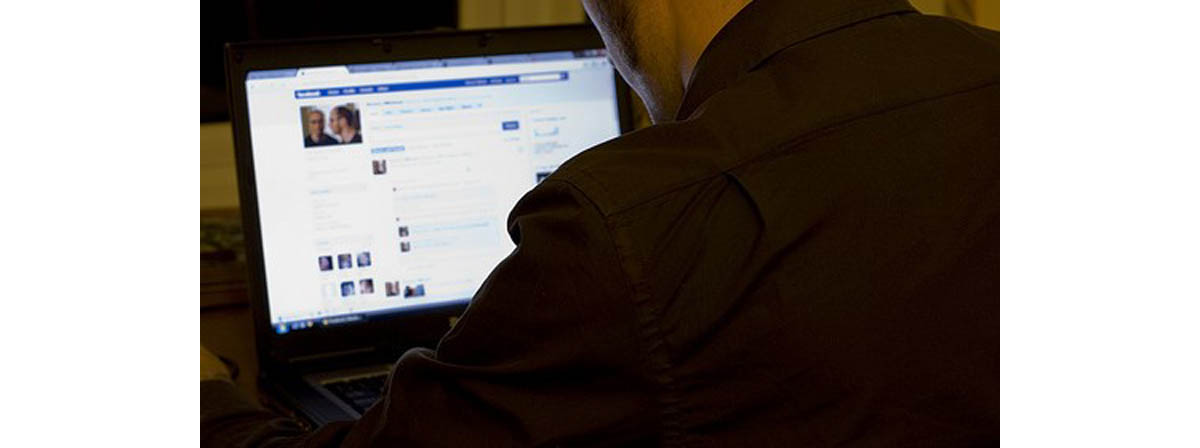Table of Contents
The most common sign that there is a real problem with Facebook use is insomnia, caused by a need to check your Facebook news feed in the middle of the night and early in the morning, and staying up late to read your news feed or wait for comments to your posts.

Another, more subtle sign of a Facebook addiction is the need to read upsetting posts or to post upsetting stories. If you post on the ills of fracking 50 times a day, or if your comment to every status update (like the story about your friend eating a baloney sandwich) is "Obama was trained by the CIA on Mars," or you check Facebook 10 times a day to find out the latest evil thing Monsanto is doing or the latest action some country outside the US is taking to stop it, then you might have a need to manipulate or to be manipulated. Facebook posts intended to manipulate people tend to be, well, just plain sad. But if you just have to post again and again, take a time out to do something else and see if the need just goes away.
Frequently Logging in to Facebook Is Not Necessarily Addiction
Facebook addiction strikes people of all ages and all economic conditions. It is more common in people who are socially isolated, whether they are new to a community (college freshmen, people who have just moved to a different city, people whose physical condition make it hard to leave the home). Facebook addiction is also more common in people who lead unstructured lives, especially people who are unemployed, retired, or disabled.
Of course, if you are the president of Greenpeace, we might expect you to post against fracking gas wells, if you are a conspiracy theorist who earns a living by writing shocking books, we might expect you to seek to share stories about the President on Mars, and if your lawn has been invaded by mutant rabbits since you sprayed your flower beds with Roundup, we might expect you to be pretty steamed with Monsanto. But a need to be indignant or to cause people to be indignant--particularly a need to be upset by strangers or to upset strangers--is not a sign of good mental health.
What You Can Do About Facebook Addiction
So what can you do if you are addicted to Facebook? Here are some suggestions:
- Turn off your computer at least a few hours every day. Keep your cell phone on for calls, but don't check Facebook on your phone.
- Find something that you can do that puts you "in the flow." This can't be watching television or videos or even reading a book. Find a simple, repetitive, but purposeful activity at which you know you will be successful, preferably something creative: Baking a cake, making a salad, cleaning the house, playing a musical instrument, chatting face to face with a real-life friend. Just make sure that the activity doesn't involve electronics.
- Get to know some of your virtual friends in real life. It's a very common progression among American college students to feel depressed while connecting to Facebook friends during their first year in college, and then to use Facebook as a way of connecting to real-life friends at the right time and place by their fourth year in college. Older adults can use Facebook as a way to get to know people they can see in person in real-world activities, such as clubs, religious organizations, parks, zoos, and political organizations.
And be selective about what you "like." Don't let Facebook control your political opinions, your choices in consumer products, or your concerns about the world. Let your "likes" be something special that light up the day of the people with whom you connect.
- Mihaly Csikszentmihalyi: Flow, the secret to happiness, TED Talks, Posted October 2008, accessed 26 July 2013.
- James Meikle. Twitter is harder to resist than cigarettes and alcohol, study finds. Guadian, 3 February 2012.
- Photo courtesy of Rishi Bandopadhay by Flickr : www.flickr.com/photos/rishibando/4660452869/
- Photo courtesy of Steven Mileham by Flickr : www.flickr.com/photos/smileham/3387867021/


Your thoughts on this